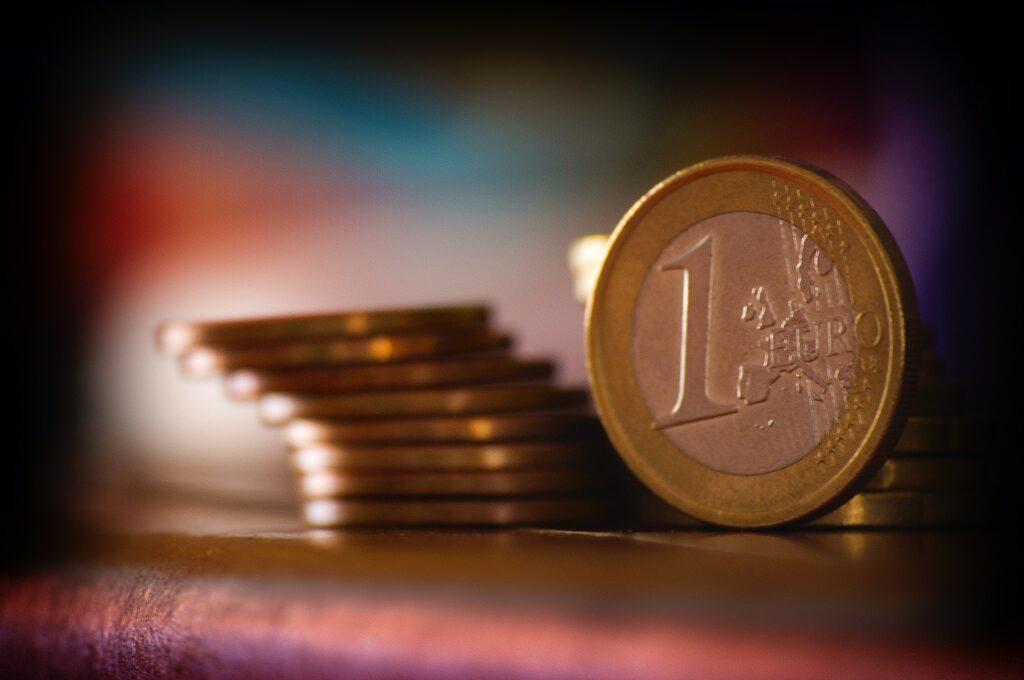308 million euros surplus in foreign trade
The foreign trade surplus exceeded expectations, reaching an additional €308 million in April, partly due to a decrease in energy prices. Reflecting weak industrial data in April, the growth of export value in euros slowed to 3.4%, while the import value decreased by about 4% due to a decline in domestic demand and a significant drop in energy prices.

As a result, the trade balance improved significantly by €836 million compared to a deficit of €528 million a year ago. In the first four months of the year, the export value increased by 12.3%, while the import value rose by 5%, resulting in a surplus of €1,362 million in the trade balance, a significant improvement compared to a deficit of €1,827 million a year ago.
In 2022, overall export value increased by 19.3% compared to the previous year, while import value rose by 28.2%, leading to a deterioration of the trade balance by €10,216 million, resulting in a deficit of €8,593 million compared to a surplus of €1,623 million a year earlier. The drastic increase in energy and raw material prices last year significantly worsened the terms of trade. The energy balance alone contributed €9,791 million to the deterioration of the trade balance in the previous year.
Since the end of last year, energy prices have significantly decreased, leading to improved terms of trade from spring onwards. If energy prices remain at current levels for the rest of the year, the trade balance could improve by around €8.5-9 billion due to the improved terms of trade, making a substantial contribution to the improvement of the current account balance, which can also be influenced by other factors. The improving terms of trade and potentially declining volumes could positively affect the trade balance. The significant decrease in gas consumption has resulted in gas storage levels well above the level of a year ago, reducing the need for import to fill the storage.
Fuel consumption has also shown a steep decline, which could significantly reduce crude oil and oil derivative imports. Electricity consumption has also decreased significantly, but the expansion of solar energy could help reduce the volume of net electricity imports. In recent months, solar power plants have reached historical peaks, and on some days, the Hungarian electricity system has become a net exporter, which could substantially decrease net electricity imports.
Outlook:
Due to the slowdown and temporary decline in investments and consumption, as well as the expected significant improvement in terms of trade, a meaningful improvement in the trade balance is expected, supported by the easing of supply problems, the resolution of the chip shortage, and the introduction of new production capacities through export improvement. However, uncertainties remain regarding energy price forecasts and unexpected volatility, but with the establishment of new industrial capacities in the coming years, the trade balance is expected to improve again. This year, the trade surplus may reach €1 billion, compared to a deficit of nearly €8.6 billion the previous year, although this figure may further improve if energy prices remain favorable. The improvement in external balance is crucial for risk assessment and potential further interest rate cuts, allowing for gradual reductions in the overnight deposit tender rate. The improving external balance can provide support to the forint, offsetting the impact of interest rate cuts.
Related news
KSH: industrial production decreased by 0.2 percent in October
In October, the volume of industrial production fell by 0.2…
Read more >Prices rose by 3.7% in November
Following a 3.2% year-on-year increase in October, consumer prices in…
Read more >Freedom24 stock market predictions for 2025: best-performing sectors and key trends
Freedom24, an innovative trading platform that connects investors to the…
Read more >Related news
Recognition of Consumer Protection Excellence: Honoring the Best of 2024
This year’s outstanding consumer protection officers and special award recipients…
Read more >The Joy of Giving! – SPAR stores collect non-perishable food for people in need
The Hungarian Maltese Charity Service and SPAR Hungary have launched…
Read more >KSH: industrial production decreased by 0.2 percent in October
In October, the volume of industrial production fell by 0.2…
Read more >







